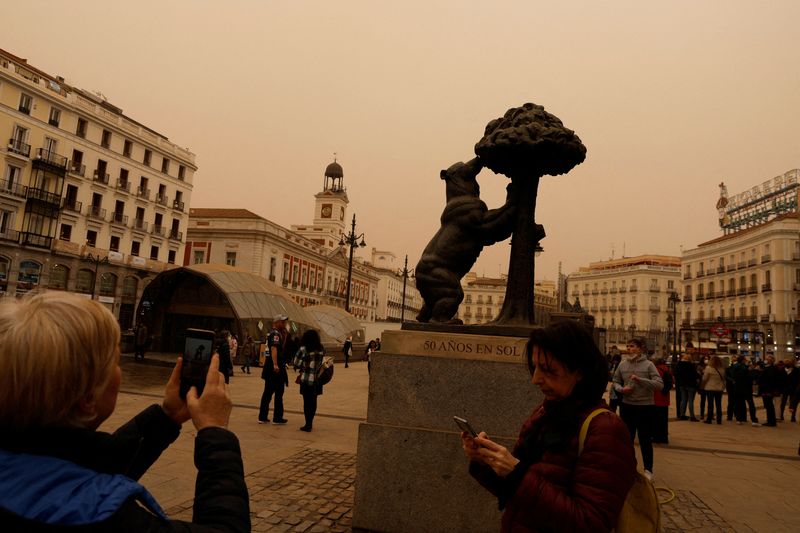New problems of the Spanish tourism sector
2022.11.22 12:26
[ad_1]

New problems of the Spanish tourism sector
Budrigannews.com – According to a study that was released on Tuesday, short-term lodging is rapidly catching up with the number of rooms managed by hotels in Spain’s 20 largest cities. This has prompted hoteliers to call for better regulation of their upstart competitors.
According to the Spanish travel industry association Exceltur, 389,779 hotel rooms and approximately 300,000 homes are available for short-term rental in the country’s 20 largest cities.
The organization Exceltur, which includes major Spanish hotel chains, tour operators, travel agents, and airlines, is pushing for a new law to regulate short-term rental platforms like Airbnb, calling the situation “out of control.”
During the third quarter, Airbnb reported a “disproportionate” increase of 31% in single-room listings on its platform, citing an increase in homeowners seeking additional income amid a cost-of-living crisis.
According to the Exceltur study, renting to tourists is twice as profitable as providing residents with long-term rentals.Short-term rentals are also typically less expensive than hotels in Spain.
According to the Exceltur-commissioned study, the number of short-term rentals offered as an alternative to hotels increased by 34.5% in at least six major cities in the year to September. The majority of these rentals are located in city centers.
EQUAL TERMS According to the survey, approximately a third of homes in the heart of Madrid near the historic Puerta del Sol are rented out for short stays, while at least six out of ten homes in downtown Seville are available to tourists through short-term rental platforms.
In the meantime, according to the study, the number of hotel rooms available in cities like Madrid, Barcelona, Malaga, and Seville has only increased by 2% annually since 2010.
Gabriel Escarrer, who is in charge of Exceltur and serves as the Chief Executive Officer of Melia, Spain’s largest hotel group, stated, “We all have to play on equal terms.”In order to be sold, these properties must meet certain requirements.”
These include requiring platforms to verify that individual hosts are legitimately registered as providers of tourist lodging and have official authorization to do so.
People familiar with the situation told Reuters that the European Commission has already made a draft of legislation that would require online rental platforms to provide national authorities with information such as the number of customers using their services and the number of nights they stay.
[ad_2]








